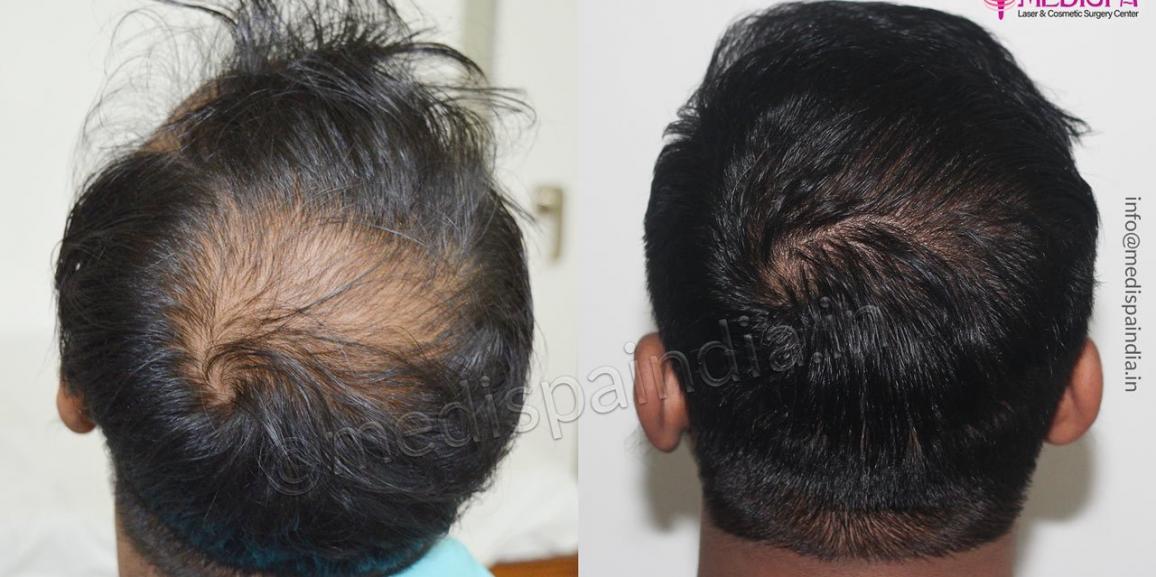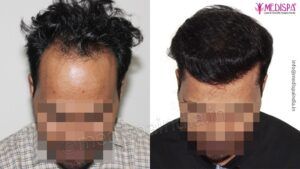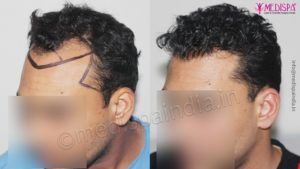
There are a few ways to treat hair loss, but hair transplantation has emerged as the most common thus far. In India, hair transplantation has gained a lot of popularity. Given the recent growth in the number of foreign clients, the strategy is very popular in India.
Today, every person who gets hair loss opts to undergo hair transplant surgery because of the innovative scientific breakthroughs that have made it so promising. Hair follicles are extracted from the donor locations and then transplanted into the recipient bald spot during a hair transplant process, which is a restorative approach to addressing hair loss. The implanted hair gives you good hair development and overgrowth over the bald place, and it is permanent for life.
Hair transplant in Mysore is very prevalent. The city isn’t well renowned for having particularly good hair transplants, though. The hair transplant cost in Mysore is affordable and on par with other big cities.
Delhi and Jaipur are the two Indian cities where hair transplants are carried out most frequently. These locations are appealing because of the reputation of a select group of clinics that provide top-notch healthcare at an affordable price. For the purpose of hair transplant tourism, people go from all over the world to Delhi and Jaipur. Every year, more foreigners travel to these locations in search of a high quality hair transplant.
There are several hair transplant clinics in Delhi and Jaipur, but the most important thing is to choose one that offers top-notch service. Although hair transplants are frequently offered at reduced prices by cheaper clinics, the reliability of the surgery is highly contested.
One of the most well-known hair transplant clinics around the globe is Medispa. We offer a wide variety of hair loss therapies and first-rate facilities to make sure your hair transplant is successful. Our experts carefully evaluate your hair loss issue and make the finest hair loss therapy recommendation for you.
The hair transplant procedure has certain unavoidable side effects, but they are temporary and go away on their own after 7 to 10 days. Hair transplant operations do not result in any morbidity for the patient, and you can resume your regular employment either right away after the procedure or starting the very next day.
Below is an explanation of the procedure’s side effects:
Swelling: After a hair transplant, swelling is a common side effect that typically reaches the forehead or, in rare situations, the eyebrows. By taking a few of the measures that your hair transplant surgeon will undoubtedly notify you about, swelling might be reduced. The safety precautions are described as follows:
- For at least 3 to 5 days, sleep with your head elevated at 45 degrees to reduce the amount of edoema.
- Your hair transplant surgeon has instructed you to wear the headbands for at least 2 days and 2 to 4 hours each day.
- For at least 5 days after surgery, refrain from taking aspirin.
- Do not drink or smoke for at least a week following the hair transplant.
- For at least a week following the hair transplant, refrain from consuming ice cream and spicy foods.
Itching: Itching has always been a common side effect of hair transplants, although it usually goes away on its own after a week or so. You must take a few precautions, which are described below, in order to prevent itching:
- Use the lotion and shampoo as instructed by the hair transplant surgeon when using them.
- Because it could move the hair grafts, you shouldn’t touch or scrape the area where newly transplanted hair follicles are located.
- To prevent dust entrapment and displacement of the hair transplants, you should wear a loose cap that can be put on and taken off with both hands.
- You should visit your hair transplant surgeon for a prescription of anti-histamines if the itching appears to be severe.
Slight pain: Minor pain is common and usually manageable after hair transplantation, but if you need to get some pain relief, ask your hair transplant surgeon to prescribe some painkillers. Get assistance from your hair transplant surgeon rather than trying to treat yourself.
Infections (very improbable): If the surgery is not carried out in an aseptic environment or if the required post-procedure care is not completed, infections following a hair transplant are extremely unlikely. You must therefore follow strict instructions for the first few days after the hair transplant and use considerable caution.





